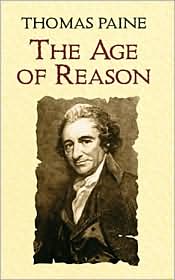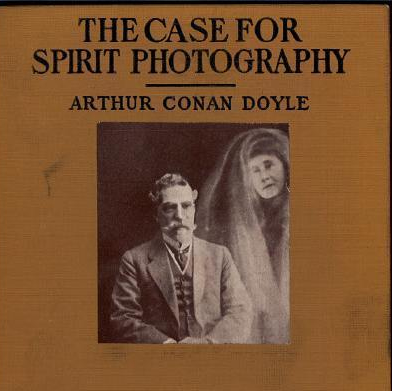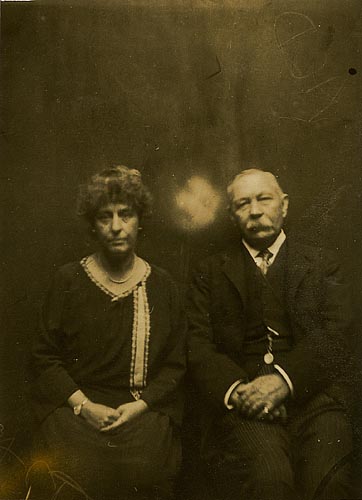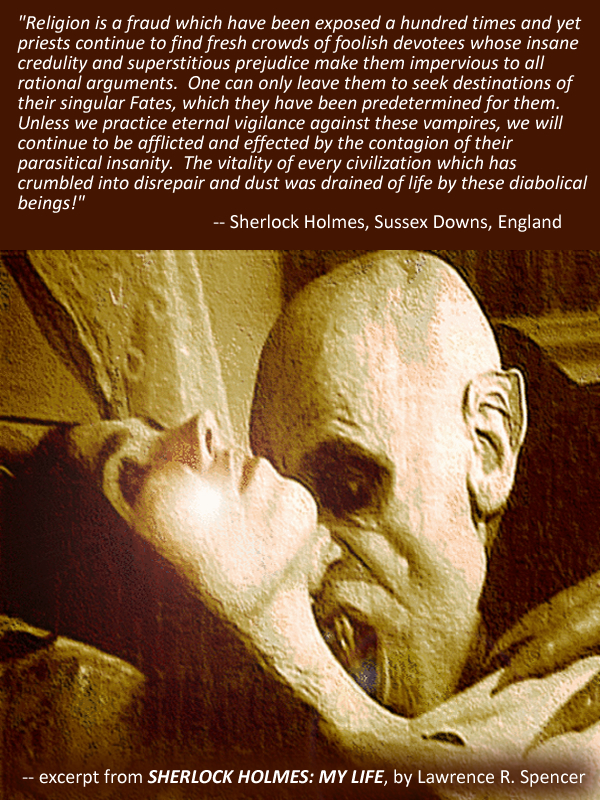Republished by Blog Post Promoter
“I read the most excellent treatise and critique of that superstitious body of mythology written by the American revolutionary, Thomas Paine. Although Mr. Paine is not a popular fellow in Britain, having fathered the uprising against King George which resulted in the loss of the greatest possession ever claimed by the throne of England, he is nonetheless a man of preeminent intellect and prodigious reasoning ability.
His book, The Age of Reason; Being an Investigation of True and *Fabulous Theology, to my own system of logical assessment and evaluation represents the most thorough, factual and incontrovertible dissection of the Bible, which unfortunately serves our civilization as a guideline for survival. After having read his preeminent work of logical vivisection upon the content of the Bible, and by abstraction, a commentary upon the paradigm of Western Civilization, it is no longer a mystery to me that humanity has endured so great an extent of war, misery, chaos, greed, destruction and mayhem inflicted by Western imperialism upon the Earth at the behest of, and with regal and religious blessings.
As for my personal observation and conviction concerning the matter of religion, I concur with the statement most ably stated by Thomas Paine himself:
“I hope for happiness beyond this life. I believe in the equality of man; and I believe that religious duties consist in doing justice, loving mercy, and endeavouring to make our fellow-creatures happy. I do not believe in the creed professed by the Jewish Church, by the Roman Church, by the Greek Church, by the Turkish Church, by the Protestant Church, nor by any church that I know of. My own mind is my own church.
All national institutions of churches, whether Jewish, Christian, or Turkish, appear to me no other than human inventions, set up to terrify and enslave mankind, and monopolize power and profit. I do not mean by this declaration to condemn those who believe otherwise; they have the same right to their belief as I have to mine. But it is necessary to the happiness of man that he be mentally faithful to himself. Infidelity does not consist in believing, or in disbelieving; it consists in professing to believe what he does not believe.”
(Definition of the word “fabulous” — adjective: based on or told of in traditional stories; lacking factual basis or historical validity)
— An excerpt from SHERLOCK HOLMES: MY LIFE, by Lawrence R. Spencer
___________________________________________




 Spiritualism: In Search of Proof of Spirits
Spiritualism: In Search of Proof of Spirits “I hope to make it clear to any unprejudiced mind that there is overwhelming evidence that we have in Mr. Hope, a man endowed with most singular powers, and that, instead of persecuting and misrepresenting him, it would be wiser if we took a sympathetic view of his remarkable work, which has brought consolation to the afflicted, and conviction to many who had lost all belief in the independent life of the spirit.”
“I hope to make it clear to any unprejudiced mind that there is overwhelming evidence that we have in Mr. Hope, a man endowed with most singular powers, and that, instead of persecuting and misrepresenting him, it would be wiser if we took a sympathetic view of his remarkable work, which has brought consolation to the afflicted, and conviction to many who had lost all belief in the independent life of the spirit.”


